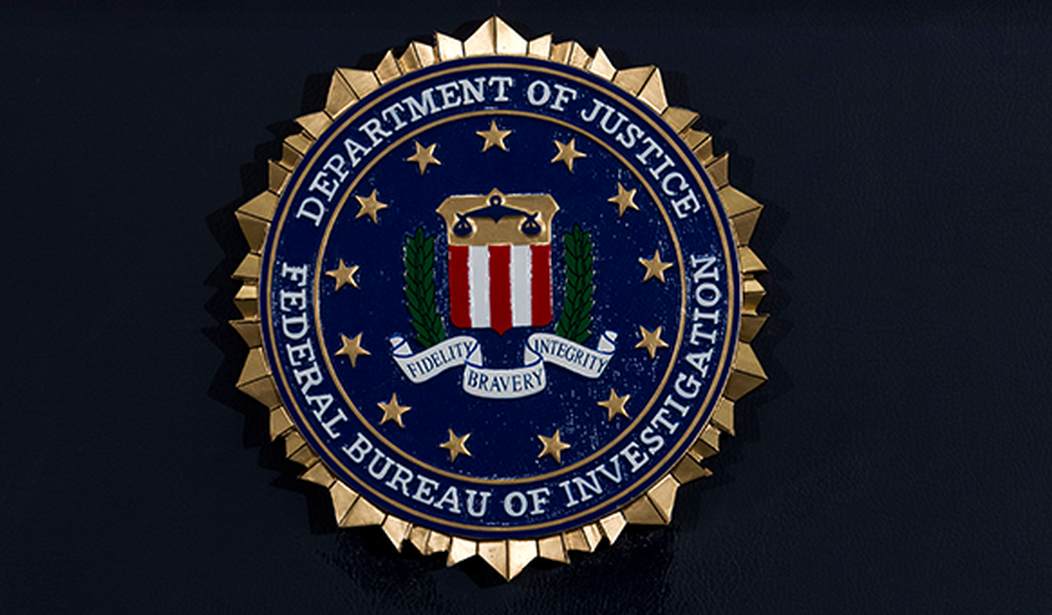Despite promises and calls for abolishing the Federal Bureau of Investigation, the likelihood is that this particular corrupt agency is here to stay. This, despite every act of FBI corruption that has come to light in recent years. At this moment, there does not seem to be the political will to address the Bureau’s malfeasance, even though studies show a rapid decline in trust in the institution.
To begin with, recent reports suggest that the FBI used surveillance powers improperly to search for information on a U.S. senator, state lawmaker, and state judge without proper authorization. The FBI’s misuse of Section 702 of the Foreign Intelligence Surveillance Act has raised concerns about its reauthorization.
The news comes after reports revealed that the Bureau has been abusing Section 702 willy-nilly to conduct warrantless surveillance on Americans:
The FBI improperly used surveillance powers to conduct searches for information on a U.S. senator, a state lawmaker and a state judge, according to court records released Friday as part of a public records request.
The FBI’s improper use of Section 702 of the Foreign Intelligence Surveillance Act (FISA) was documented in an opinion from the Foreign Intelligence Surveillance Court (FISC) and is sure to pose challenges for an intelligence community lobbying for the reauthorization for what it sees as one of its most vital tools.
The tool — which allowed for warrantless spying on foreigners located abroad — has long been criticized as a backdoor tool for gaining information on Americans who may be communicating with those being surveilled.
And critics complain the information gathered by the agency through 702 is too easily tapped for investigations with no foreign nexus.
The FISC outlined three examples of instances where FBI personnel conducted searches of “sensitive query terms,” like those of U.S. public officials or candidates, without first seeking approval from the FBI’s deputy director.
Section 702 allows warrantless spying on foreigners but has been criticized for potential surveillance of Americans. The FBI conducted searches on sensitive query terms of public officials without approval, drawing criticism from the American Civil Liberties Union (ACLU), which called for fundamental reforms during the reauthorization debate.
You might also remember when the FBI faced criticism for an internal memo from its Richmond field office that targeted U.S. Catholics attending traditional Latin Mass, associating them with violent extremists. The memo was based on information from the Southern Poverty Law Center, raising concerns about religious profiling.
While FBI Director Christopher Wray ordered the memo’s withdrawal, the FBI refused to release related records in response to a Freedom of Information Act (FOIA) request. Many Catholics attending the Latin Mass feel their religious freedom is at risk and expect more support from President Joe Biden, who is ostensibly a Catholic, but he remained silent on the issue.
This is only a small smattering of the type of abuses the FBI has engaged in. In recent times, the FBI’s actions have come under intense scrutiny for its improper surveillance of Americans, targeting individuals based on religion, political affiliation, and its evident bias in investigations involving former President Trump and pro-life activists. Now, the Bureau has lost so much credibility that even “law and order” conservatives have turned on the highest law enforcement agency in the land.
Conservatives, in particular, have become increasingly disillusioned with the FBI, as it has been accused of political bias in its handling of investigations involving President Trump and pro-life activists. The perception of the Bureau being embroiled in partisan politics further erodes public trust and raises questions about its ability to remain impartial in its duties.
These revelations have led to growing public discontent and calls for the abolishment of the agency coming from prominent conservatives in government and the media. Some presidential candidates, like Vivek Ramaswamy, have vowed to dismantle the FBI. Florida Gov. Ron DeSantis declared that, if elected, he would “have a new FBI director on day one” and is working on a plan to reform the Bureau and the Justice Department. Still, the reality is that the Bureau is likely here to stay, even if the public demands change.
Amid the mounting public dissatisfaction and calls for abolition, it is unlikely that any major presidential candidate will seriously entertain the idea of dismantling the FBI, despite Ramaswamy’s bold promise to do so. Defenders of the agency might cite political considerations, practical challenges, and the need for national security to explain why the Bureau must remain.
Unfortunately, despite the fact that Americans no longer have the level of faith in the FBI that they had previously, there is still not enough political will to push our elected officials to undertake such an initiative.
To wrap it up, the FBI’s misconduct in illegally surveilling Americans and targeting individuals based on religion and political affiliation has understandably fueled public support for its abolishment. However, the persisting perception that the FBI plays a crucial role in safeguarding national security makes it unlikely for any presidential candidate to follow through on such a drastic step. The question that must be asked is: How much more FBI corruption is America willing to take?













